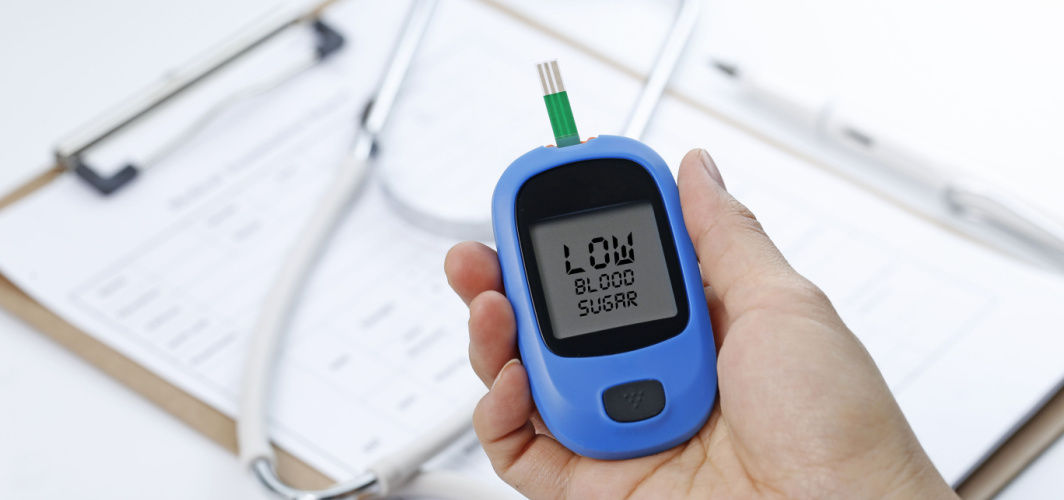Diabetes Management
Fighting Diabetes and Fatty Liver Disease through a Healthy Lifestyle
2 min read
By Apollo 24|7, Published on - 26 April 2024, Updated on - 29 April 2024
Share this article
0
0 like
.jpg?tr=q-80)
Understanding the link between diabetes and fatty liver disease is essential, as 101 million people in India are currently living with diabetes. These two conditions often go hand-in-hand, influencing each other in complex ways. However, the silver lining lies in knowing that there are prevention and management strategies for both conditions, which makes dealing with them a more achievable task.
Managing Weight for a Healthier Liver
The first step towards alleviating type 2 diabetes and fatty liver disease is weight management. Shedding just 5% to 10% of your body weight can have a profound impact on your overall health. It helps reduce fat accumulation in the liver, stabilise blood sugar levels, and relieve stress on internal organs.
Achieving Balance through Nutrition
Healthy eating is another important aspect of managing these conditions. It involves balancing carbohydrate intake, restricting sweets, and minimising consumption of saturated fats. This approach not only aids in regulating blood sugar levels but also promotes healthier liver function.
The Importance of Physical Activity
Maintaining an active lifestyle can play a pivotal role in controlling these diseases. Engaging in at least 150 minutes of physical activity per week helps improve blood sugar utilisation and reduces excess fat storage in the liver.
The ideal Activity recommended for Diabetics per week is
- 150 minutes of moderate-intensity aerobic activity
- 2 days of strength training
- A 15-minute walk post-dinner or before bedtime is essential.
Alcohol Consumption and its Effects
Alcohol, especially when consumed excessively, can have detrimental effects on liver health. Alcohol not only affects your liver but can also dangerously impact your blood sugar levels. Limiting alcohol intake can therefore significantly slow down the progression of liver damage.
Medication and Regular Monitoring
Though lifestyle changes are fundamental, medications might be needed to control cholesterol, blood pressure, and diabetes. Furthermore, regular screenings for both liver disease and diabetes are essential for early detection and effective management.
Adopting a healthier lifestyle that includes maintaining optimal weight, consuming balanced meals, staying physically active, and limiting alcohol intake can reduce the risk and slow down the progression of type 2 diabetes and fatty liver disease significantly.
Diabetes Management
Consult Top Diabetologists
View AllLeave Comment
Recommended for you

Diabetes Management
Hypoglycaemia: Know What Happens When Your Blood Sugar Drops!
Hypoglycemia, or low blood sugar, presents various symptoms, from mild shakiness to severe confusion. It often occurs in diabetes due to an imbalance in insulin, food intake, and physical activity. Prompt recognition and management are crucial to prevent complications, emphasizing the importance of understanding and addressing hypoglycemia in diabetes.

Diabetes Management
Top 5 Questions to Ask Diabetologists or Endocrinologists
When consulting specialists, asking key questions is vital for diabetes management. 1. Assess current blood sugar control. 2. Understand target blood sugar levels. 3. Review medications and treatment plan. 4. Seek advice on improving management. 5. Learn about warning signs of complications. Also, ask for diabetes education and support resources. Effective communication ensures better care and health.
.jpg?tr=q-80)
Diabetes Management
Step Up Your Fight Against Diabetes: How Many Steps to Walk Daily?
Walk to Beat Diabetes: Step Count Guide In managing diabetes, regular physical activity plays a crucial role, with walking being an easy yet effective form of exercise. Health experts suggest starting with 5,000 steps a day, gradually increasing to 10,000 steps. The step target can vary depending on one’s age, gender, and fitness level.
Subscribe
Sign up for our free Health Library Daily Newsletter
Get doctor-approved health tips, news, and more.
Visual Stories

8 Fruits That are Incredibly Healthy for Diabetes
Tap to continue exploring
Recommended for you

Diabetes Management
Hypoglycaemia: Know What Happens When Your Blood Sugar Drops!
Hypoglycemia, or low blood sugar, presents various symptoms, from mild shakiness to severe confusion. It often occurs in diabetes due to an imbalance in insulin, food intake, and physical activity. Prompt recognition and management are crucial to prevent complications, emphasizing the importance of understanding and addressing hypoglycemia in diabetes.

Diabetes Management
Top 5 Questions to Ask Diabetologists or Endocrinologists
When consulting specialists, asking key questions is vital for diabetes management. 1. Assess current blood sugar control. 2. Understand target blood sugar levels. 3. Review medications and treatment plan. 4. Seek advice on improving management. 5. Learn about warning signs of complications. Also, ask for diabetes education and support resources. Effective communication ensures better care and health.
.jpg?tr=q-80)
Diabetes Management
Step Up Your Fight Against Diabetes: How Many Steps to Walk Daily?
Walk to Beat Diabetes: Step Count Guide In managing diabetes, regular physical activity plays a crucial role, with walking being an easy yet effective form of exercise. Health experts suggest starting with 5,000 steps a day, gradually increasing to 10,000 steps. The step target can vary depending on one’s age, gender, and fitness level.

